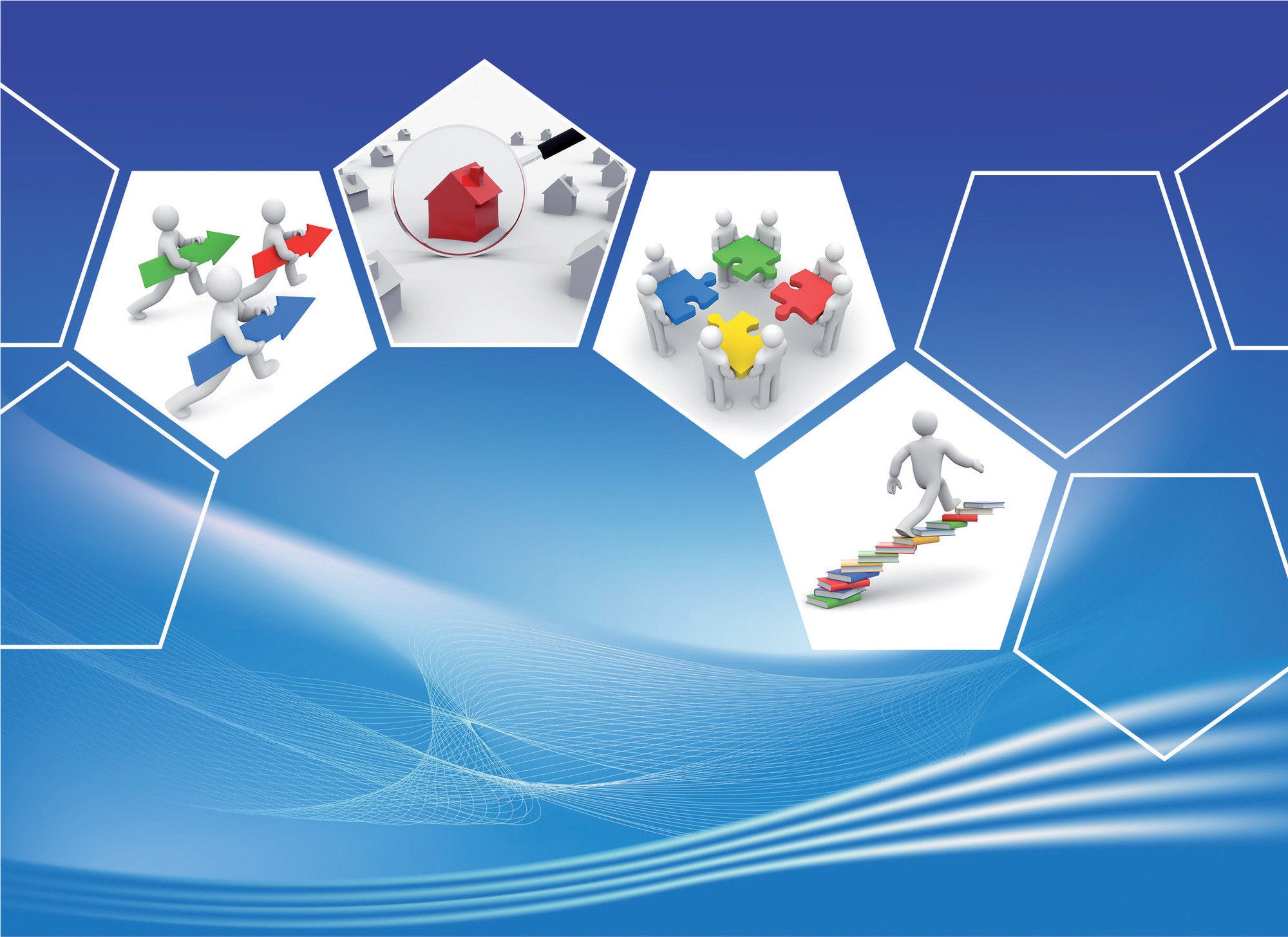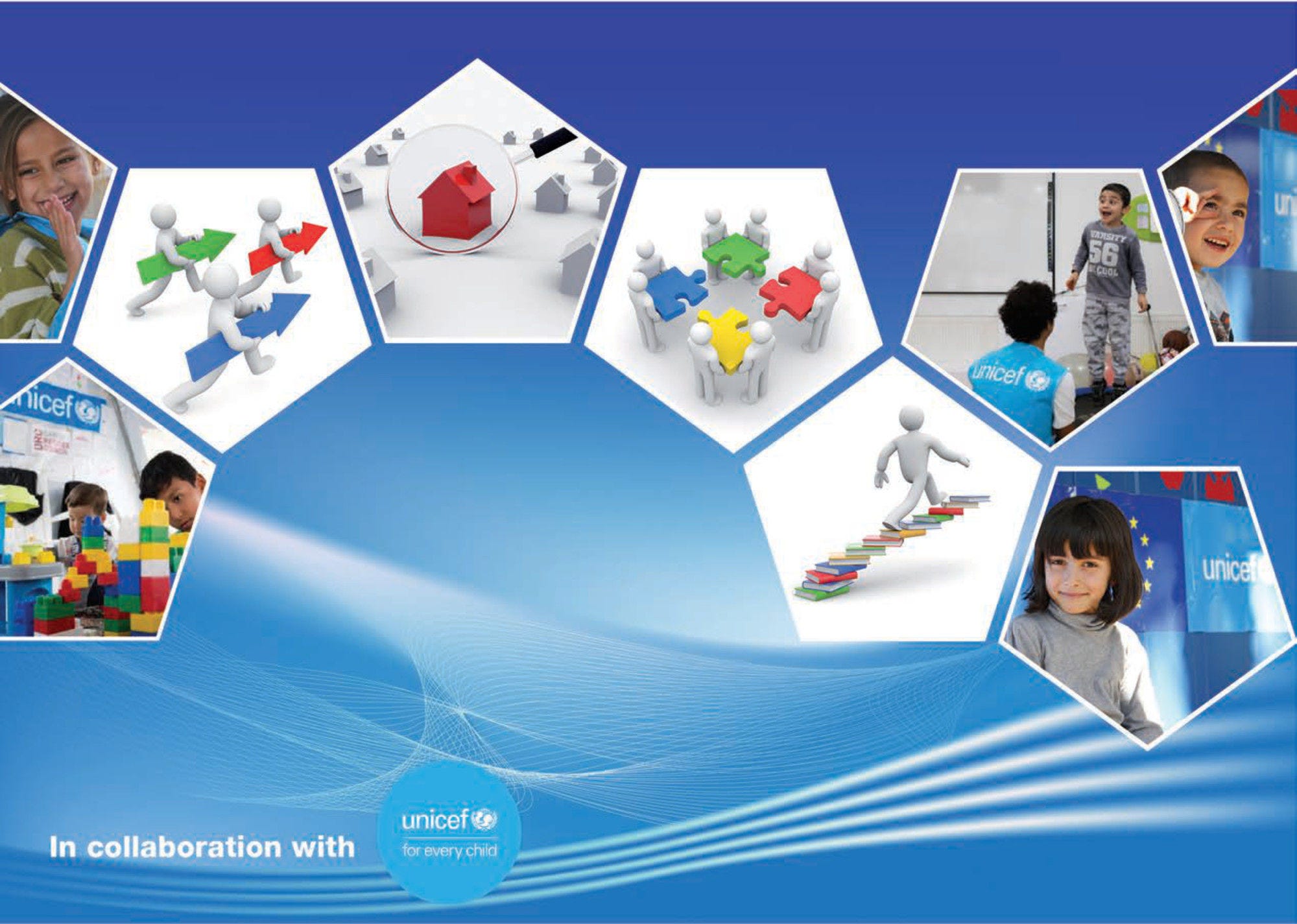How can assessment and evaluation policies work together more effectively to improve student outcomes in primary and secondary schools? The country reports in this series analyse major issues facing evaluation and assessment policy to identify improvements that can be made to enhance the quality, equity and efficiency of school education. Serbia’s education system performs well compared to other countries in the Western Balkans. In recent years, there have been improvements in access to education and Serbia has undertaken major institutional reforms to improve teaching and learning. However, a large share of students in Serbia continue to leave school without mastering basic competencies and efforts to achieve educational excellence continue to be jeopardised by limited institutional capacity and low levels of public spending on education. This review, developed in co-operation with UNICEF, provides Serbia with recommendations to help strengthen its evaluation and assessment system to focus on support for student learning. It will be of interest to Serbia, as well as other countries looking to make more effective use of their evaluation and assessment system to improve quality and equity, and result in better outcomes for all students.
OECD Reviews of Evaluation and Assessment in Education: Serbia

Abstract
Executive Summary
Serbia’s education system performs well compared to other countries in the Western Balkans. There have been improvements in access to education and Serbia has undertaken major institutional reforms in recent years, such as the introduction of achievement standards at the end of compulsory education, teacher standards and a school evaluation framework. However, progress has not benefitted all population groups equitably and a large share of students in Serbia continue to leave school without mastering the basic competencies needed for further education and life. Addressing these educational challenges is crucial to the country’s economic development, social prosperity and European integration.
As Serbia works to develop a new national education strategy for 2030, it needs strong evaluation and assessment systems to detect and address areas of low and inequitable performance. This report examines the design and implementation of policies related to student assessment, teacher appraisal, and school and system evaluation in Serbia. In particular, it recommends that Serbia develop reliable measures on the extent to which students are meeting national learning standards and use these measures to inform practices in the classroom and policies at the regional and national levels. Improving students’ learning will require strengthening school leadership, modernising the teaching profession and providing the support schools need to implement the competency-based curriculum and meet the individual needs of students. These reforms will also require adequate funding and capacity, which are currently jeopardised by the country’s overall low level of public expenditure on education.
Improving the value of school-based assessments and central examinations for teaching and learning
Serbia is working to reform school-based assessment practices and centralised examinations to better reflect the curriculum, which places an emphasis on student-centred approaches and higher-order competencies and skills. For example, learning standards and curricular plans are helping to clarify new expectations and measure what students should know and be able to do. In addition, there are plans to introduce a new centralised State Matura examination in June 2021. This will improve the integrity and equity of student selection into tertiary education and help reinforce the curriculum. However, the success of these reforms will require improvements in their design and plans for implementation.
To make education in Serbia more learner-centred, student assessment practices both in schools and nationally must reinforce this goal. This report identifies several factors that currently limit the educational value of student assessment in Serbia and recommends how these should be addressed. First, teachers and students require more support to shift their attention from grades to learning. This means helping teachers focus on where individual students are in relation to learning standards but also ensuring that students understand how they can develop and improve. There is also a need for further reflection on the design and implementation of the new Matura exam at the end of upper secondary school. This report recommends that Serbia carefully pilot and prepare the new Matura to create a sound and trusted instrument. Parallel measures to strengthen the technical quality and implementation of the central examination at the end of basic education (Grade 8) would further reinforce public confidence in the country’s examination system while ensuring a more positive backwash on teaching and learning in schools.
Promoting and supporting good teaching
Teacher appraisal refers to how teachers are assessed and given feedback on their performance and competencies. This process can be a strong lever for modernising and improving teaching and learning. While Serbia was one of the first countries in the Western Balkans to set up a merit-based career structure for teachers, the use of teacher appraisal to inform promotion and professional development remains nascent compared to OECD and neighbouring countries. For example, schools receive no guidance on how to use appraisal to encourage professional development and the merit-based career structure does not bring gains in terms of salary or professional recognition, weakening its potential as an incentive for teachers to develop professionally and take on new roles. This report recommends that Serbia provide teachers with stronger encouragement and incentives to develop their practices and seek higher responsibilities. The ministry must also address structural issues, such as low teacher salaries and a large, ageing teaching workforce, in order to promote and support good teaching.
Developing schools’ capacity for improvement
School evaluation serves the dual purpose of helping schools improve their practices and keeping them accountable for the quality of their work. Serbia has made a strong push in the past two decades to develop both an external school evaluation system and school self-evaluation. External school evaluation in Serbia has many positive elements and self-evaluation is required on an annual basis. However, gaps and tensions in these processes undermine the potential of evaluation to help schools improve their teaching and learning practices. In particular, schools receive a limited amount of technical follow-up and school evaluation reports are commonly perceived as summative rather than formative.
This is a concern since schools often lack the capacity to use evaluation exercises to define and implement improvement plans on their own. For example, school principals in Serbia do not receive adequate training on how to play their role as instructional leaders and chronic underfunding means that many schools must rely on parents, non-governmental organisations or the private sector to fund their school development plans. This report suggests ways for Serbia to further strengthen external and self-evaluation and embed these processes in a larger framework of school improvement.
Building stronger foundations to evaluate national education performance
System evaluation refers to the processes that countries use to monitor and evaluate the performance of their education systems. A strong evaluation system serves two main functions: improving educational performance and holding the government and other stakeholders accountable for meeting national goals. Serbia has established some of the basic components of system evaluation. For example, a national education strategy provides a reference for planning and the ministry works with external partners, such as universities, to conduct research and evaluations. However, important parts of the evaluation infrastructure are still missing. Specifically, the lack of a national assessment of student learning and a fully functioning education management information system (EMIS) leaves the country without an adequate evidence base to guide and monitor policy reforms. This makes it difficult to understand the main issues holding back educational improvement.
Serbia’s new post-2020 education strategy presents an opportunity to strengthen system evaluation. In particular, this report recommends that Serbia prioritise developing and implementing the new national assessment to support system goals and improving the availability and functionality of education data stored in the Unified Information System of Education (UISE). The new strategy also presents an opportunity to develop a clear reporting framework that includes measures on the extent to which students are meeting national learning standards. The monitoring and evaluation reforms recommend in this report can help ensure that Serbia’s new strategy affects education policy and practice. In turn, improving the education system from a good regional performer to an excellent one.
In the same series
-
 9 September 2019
9 September 2019
Related publications
-
 16 September 2024
16 September 2024 -
 29 April 2024
29 April 2024










